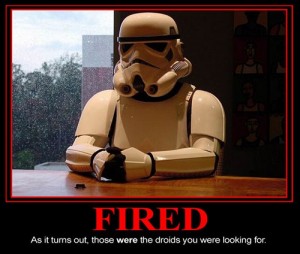Seth Godin, a marketing guru and all around deep thinker, published a great blog post back in May. He offered forth some thoughts on what we really should keep in mind when educating our high school students. As you’ll see, PBL attends to most of these rather nicely. Funny how one change in the classroom can do so much good for students after they graduate.
Honestly, many of the items on the list are ageless. They can be taught much earlier than high school so that by the time they get there, it is second nature. I’ll let you decide which of the ones I am talking about. Here is what Seth had to say:
What’s high school for?
Perhaps we could endeavor to teach our future the following:
- How to focus intently on a problem until it’s solved.
- The benefit of postponing short-term satisfaction in exchange for long-term success.
- How to read critically.
- The power of being able to lead groups of peers without receiving clear delegated authority.
- An understanding of the extraordinary power of the scientific method, in just about any situation or endeavor.
- How to persuasively present ideas in multiple forms, especially in writing and before a group.
- Project management. Self-management and the management of ideas, projects and people.
- Personal finance. Understanding the truth about money and debt and leverage.
- An insatiable desire (and the ability) to learn more. Forever.
- Most of all, the self-reliance that comes from understanding that relentless hard work can be applied to solve problems worth solving.

